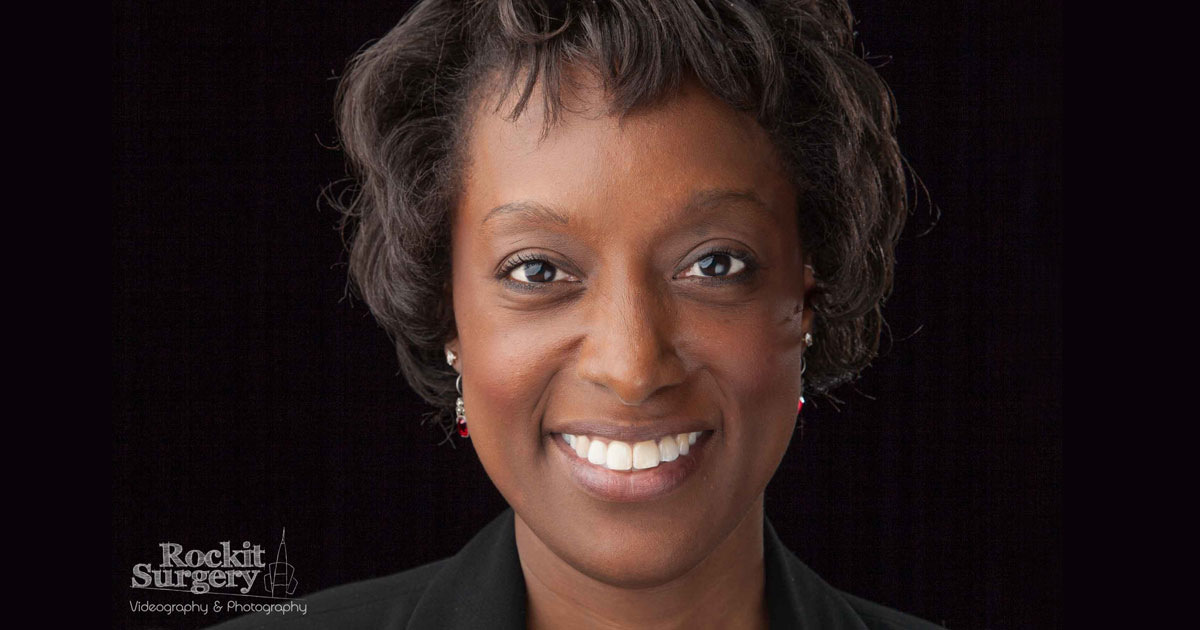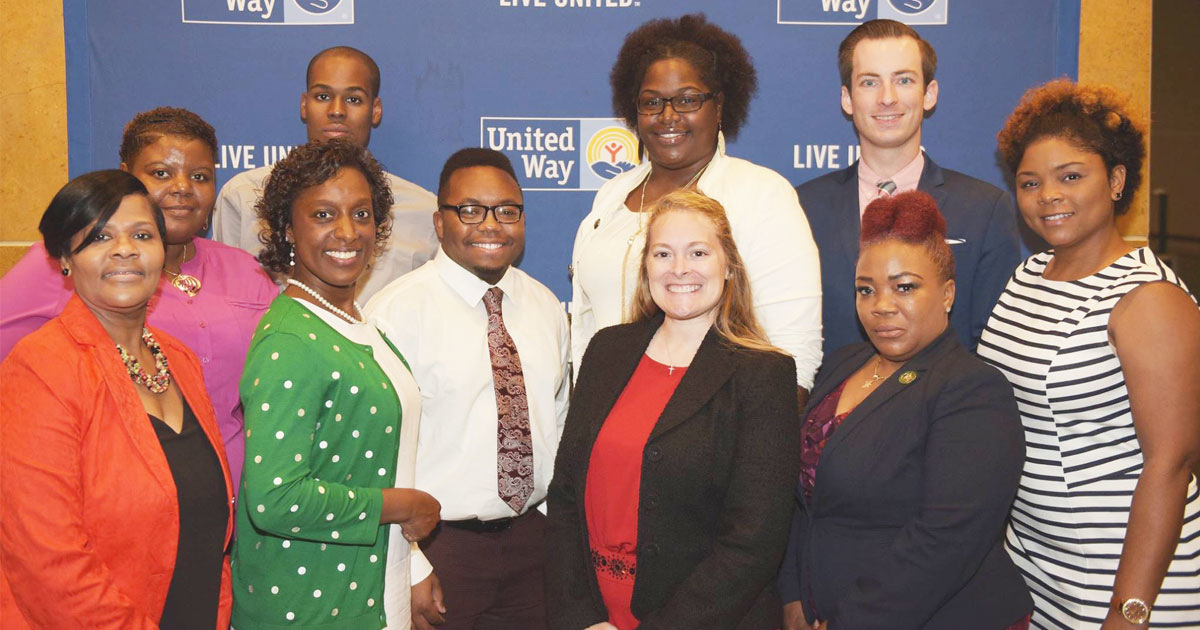GW: Gay, the country has been focused on Baton Rouge in these last two weeks, especially since the tragic police officer shootings on Sunday. What is the one thing you want people to know about your program and about Baton Rouge?
GM: This violence is not us, this is not our community, this is not what we are about. Earlier today I was with a group of our high school students today who are part of our summer workforce development program. They are not angry—they are coming together, taking it all in. They have pride in their city and are confident they can be an important part of its healing.
GW: What are you telling the kids in your program? What are you telling your staff?
GM: To stay focused. We have lots of work to do; we cannot get caught up in the emotion of this. I remind my staff that it's during times like this that our work is so important. Our young people need to know that we love them. They need to know we are there for them—that they can come to us at any time to talk though what is happening. Afterschool programs are such an importance place for young people to feel connected, to hear a calming voice, to see examples of what good decisions look like. I truly believe we must exist to combat the negative that they might see or feel.
GW: As an afterschool leader—and given everything that is happening in your city right now—what is your biggest challenge?
GM: Staying focused on our current work and also deciding what we do next. So many elected officials and others in our city are saying "It's time for our community to come together," but what does that look like? What is the first step? There is no guidebook for what to do in situations like this. We have always enjoyed strong relationships with our elected leaders. In fact, on Sunday I had already reached out to remind them that we have over 100 young people ready, willing and able to be a part of how we begin to heal this city. While we might not know right now what the work will look like, I am confident that we will find a way to be an important part of it.
GW: If you could offer suggestions to funders and others about how they could help programs in cities like yours, facing situations of community violence, what would say?
GM: We need more training for people who work with young people. Not only afterschool workers, but police officers, juvenile justice officials, all the many people who interact with our youth on a regular basis. We need training around consistent messaging so we all speak with one voice to our youth. We need trainings grounded in high-quality practices. Otherwise we have staff who rely solely on their experiences, not these best practices. I am so thankful that next week—with support from the Blue Cross/Blue Shield Foundation of Louisiana—we'll be able to offer 30 hours of Advancing Youth Development Training to our staff and partners in our community. These kinds of trainings—that emphasize building positive relationships between youth and adults—are so important to creating those bridges of healing and opportunity for all people.
Written by Gina Warner, president and CEO of the National AfterSchool Association.
Learn more about the work of Big Buddy here. Follow Big Buddy on Facebook and Twitter: @bigbuddyprogram


